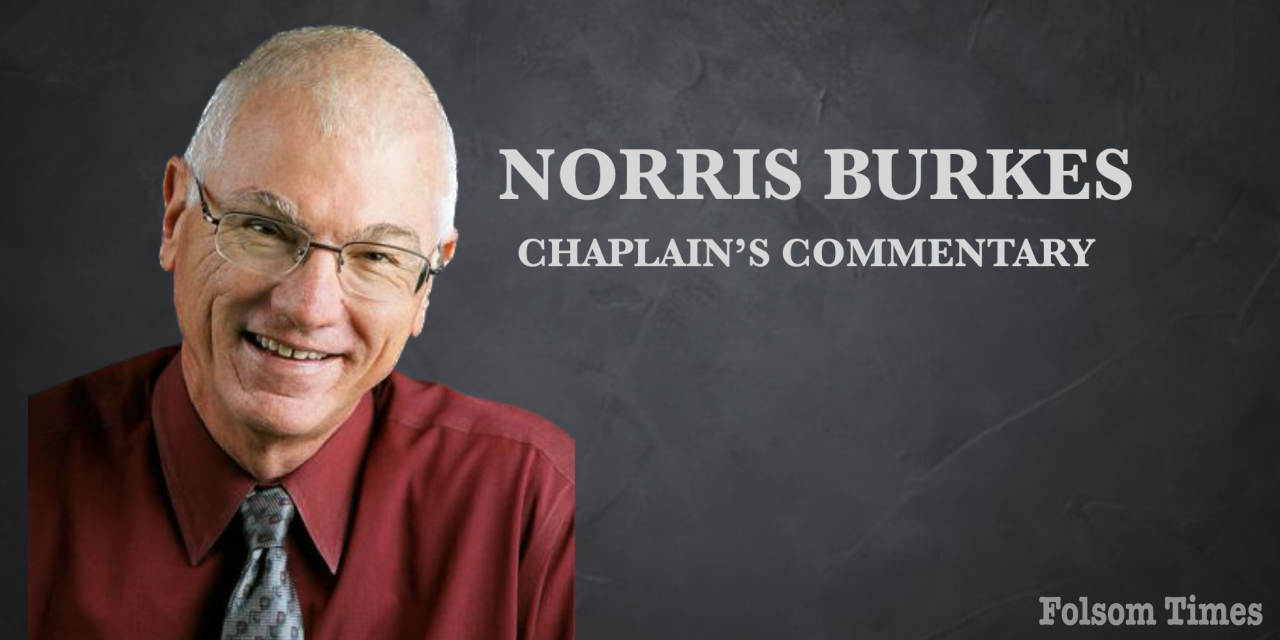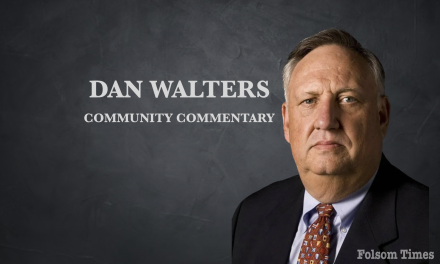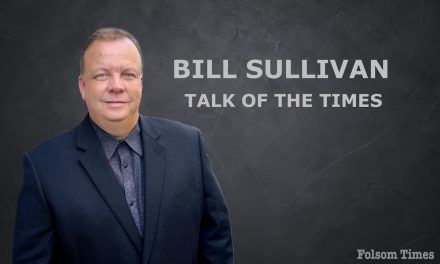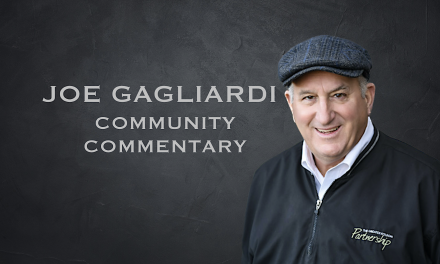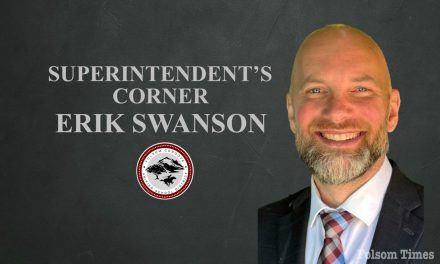Under a new Louisiana law, every public school from elementary to college will be required to post the Ten Commandments by the end of this year.
If Jesus were around today, and I believe he is, I think he’d find the new law reeking with hypocrisy.
He’d likely question the irony of enforcing Commandment No. 2 in a state that still carries the stench of130 graven images of confederate “heroes.”
He’d likely call “foul,” as theLSU Tigers, the eighth-best team nationally, dishonor the Sabbath with Saturday games.
But worst of all, he’d ask if the state legislature planned to include the fine print of Mosaic law with 248 do-thiscommandments, and 365 definitely-do-not-do-this commandments.
For instance, will the posted commandments include Exodus 21:29, that says if an ox gores someone to death, both the owner and the ox must be executed?
I’m not trying to villainize the Pelican State, but I am trying to prove a point on this IndependenceDay weekend about the principle of separation of church and state.
The principle has taken some hits in recent years.
Opponents make two points. First, the separation idea is not in the constitution. Second, they say our founding fathers would have never favored such a split because they sought to make the USA into a Christian nation.
The first argument is true. Separation of church and state is only an interpretation of the First Amendment which clearly forbids our government from establishing a religion. Additionally, it’s interpreted to mean the government can’t favor any single religion.
The second point is decidedly untrue.
Thomas Jefferson, the primary author of the Declaration of Independence was “not a God-fearing humanitarian but rather a slaveholding epicurean deist,” says Tim Alberta in his latest book, “The Kingdom, the Power, and the Glory: American Evangelicals in an Age of Extremism.”
“Jefferson was not an earnest follower of Christ but was known to mock revivalists and rarely attend church,” Alberta writes.
I gained some understanding of Jefferson’s view during my visit toRoger Williams National Memoriallast summer. It’s possible that Jefferson’s understanding of the church and state issue was forged from Williams’s.
Living 100 years prior to Jefferson, Williams was excommunicated from the Anglican Churchfor blasphemy. Banished from his home in 1636, he was forced on a most horrendous walkabout through a blizzard to present-day Rhode Island. It was there he established a Baptist community free from puritanism.
According to aNational Park Service article, Roger Williams believed government-established religions were “…responsible for the death of millions of innocent souls whose only crime was having their own, unique conscience.”
Williams added with succinct clarity, “Forced worship stinks in God’s nostrils.”
Alberta notes that Jesus himself “physically ran and hid from the people who desired to make Him king. Jesus dismissed his critics by telling them, ‘Give back to Caesar the things that are Caesar’s, and to God the things that are God’s.’”
Alberta concludes this thought with an interpretation from a modern-day preacher who gained fame in 1965.
“In other words, pay your taxes, forget politics, and serve God with all your heart.”
That man was the late Jerry Falwell – before he successfully revived his failing college through a political arm called, “The Moral Majority.”
Imagine what might happen if a different religion wanted to post their treatise.
Visualize a Baptist mom in New Orleans whose job transfer takes her family to Dearborn Michigan. Once there, she will likely enroll her Baptist son in a school belonging to the largest Muslim-populated school district in the US.
Once in class, Mom will need some assurances that her son can enjoy his religious freedom without being required to memorize theFive Pillars of Islam.
As you approach the voting booth this fall, let’s keep church and state separate. But most of all, beyond November, I encourage people of faith to, “Serve God with all your heart.”
Currently, the Louisiana law is being legally challenged. In the end, I suspect Louisianans will find,as did a dozen other states,that their law won’t pass the “the sniff test.”
Syndicated columnist Chaplain Norris Burkes began his chaplain career with both the active-duty Air Force and the Air National Guard until his retirement in 2014. He later served as a board-certified healthcare chaplain at Sutter Memorial, Kaiser, Methodist and Mather VA hospitals and continues to work with area Hospice. His column is syndicated to more than 35 accredited news outlets. Read past columns at www.thechaplain.net.
